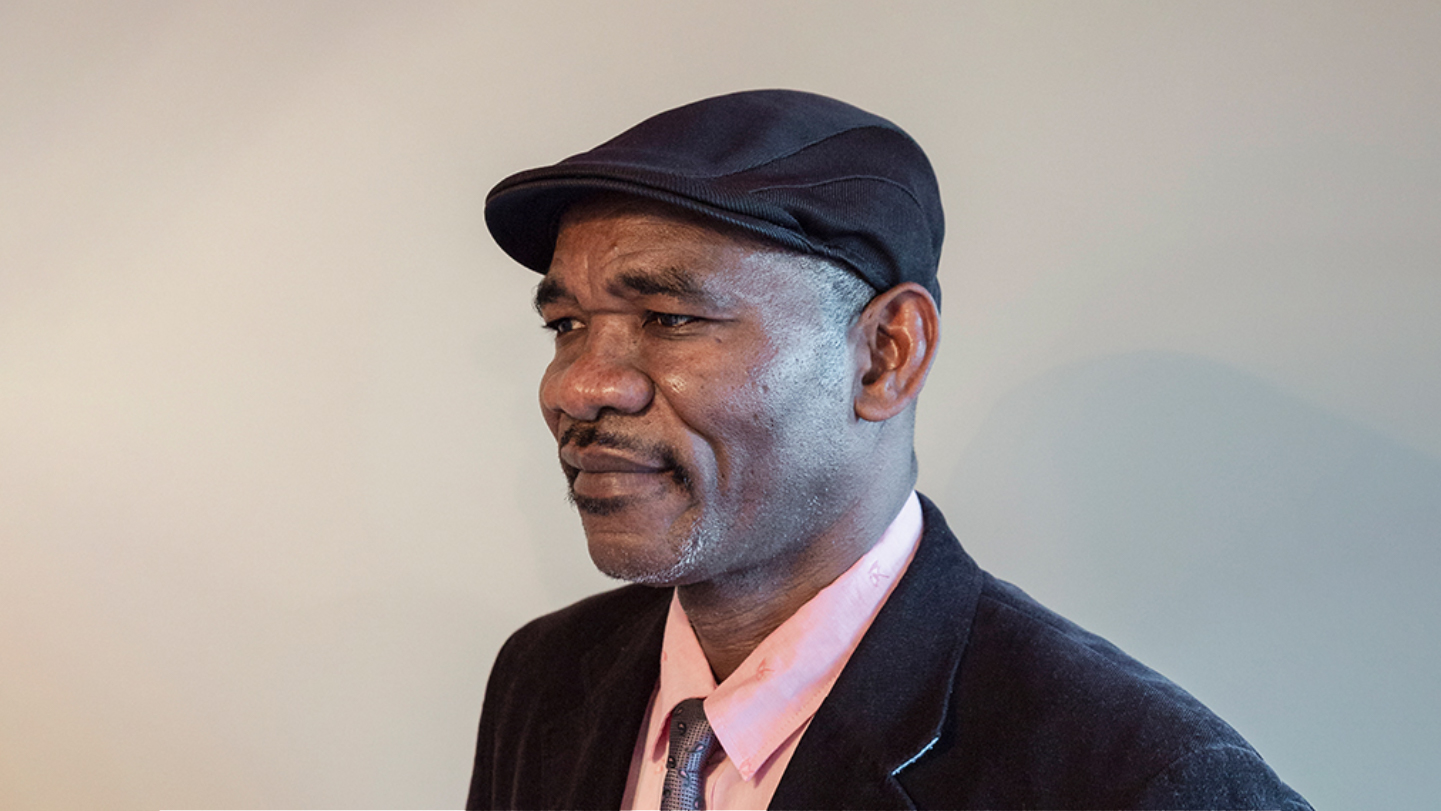Transit operator authors new life after escaping war
Transit operator authors new life after escaping war

Jerry Gbardy is a Transit Operator at Coast Mountain Bus Company. Every day, he makes sure riders in Metro Vancouver can get safely to their destinations.
When he is not on the road, Jerry dedicates his time to bringing together and empowering the Liberian and African community in Canada. He is the President of the African Canadian Soccer and Culture Association (ACSCA) and a Chairman of the Board of Directors of the Liberian Association of Canada.
These community initiatives hold a personal significance to Jerry, who arrived in Canada in 1995 as a Landed Immigrant.
In 1989, the First Civil War broke out in his home country of Liberia. After hearing a top NPFL rebel commander’s BBC Radio interview threatening to kill him and other members of his tribe, Jerry and his family fled their home country to escape death. They moved to neighboring Sierra Leone only to find out nine months later that the rebels crossed the border from Liberia to attack their country of asylum.
“When you leave your country under those circumstances, it’s hard. You know you are running away with tears flowing down your cheeks. You know you are going to live somewhere else and you ask yourself if you are ever going to come back.”
It is in Vancouver, British Columbia that Jerry was eventually able to settle down and start a new life with his wife and kids. Having worked at CMBC for 13 years, Jerry said that one of the aspects he enjoys the most about the enterprise is the opportunity to work alongside with co-workers of diverse backgrounds and walks of life.
“We have fun, we make jokes. These moments help to, you know, broaden your mind and make you realize that you must accept the other person that is next to you, even though the person’s skin color is not like yours. Then you will appreciate life, you will get to know the other person’s situation, where they come from and why they behave in certain ways that they do.”
The fact that being Black can be an issue has never occurred to Jerry until he first left Sierra Leone to start his graduate degree in Cairo, Egypt. After witnessing instances of racism at various points of his life, including in Canada, Jerry believes there is still work that needs to be done.
“Every day I get up and go to work. I don’t go to work and see myself as a Black person who must do all I can to be able to fit into the work environment. I want to work daily, knowing that I have a job to do and that I can do it to the best of my ability and treat everyone, my coworkers and customers, with respect and hope to be treated the same way.”
Reflecting on the significance of the Black History Month during February, he commented:
“It is very important to share with the world about the physical and intellectual struggle that Black people are leading for almost three centuries now. Black History Month should be an ongoing initiative. We shouldn’t wait until February for the issues of Black people to be highlighted. It should be in the school curriculum, it should be taught in schools and universities and discussed publicly”.
He added that an important step towards acceptance and being an ally is getting outside of your own bubble and be willing to learn about people outside of your immediate surrounding. For Black History month, he recommends reading Maya Angelou’s I Know Why the Caged Bird Sings. If you want to learn more about Jerry’s life journey, you can check his memoir Painful Journey: A Story of Escape and Survival.





